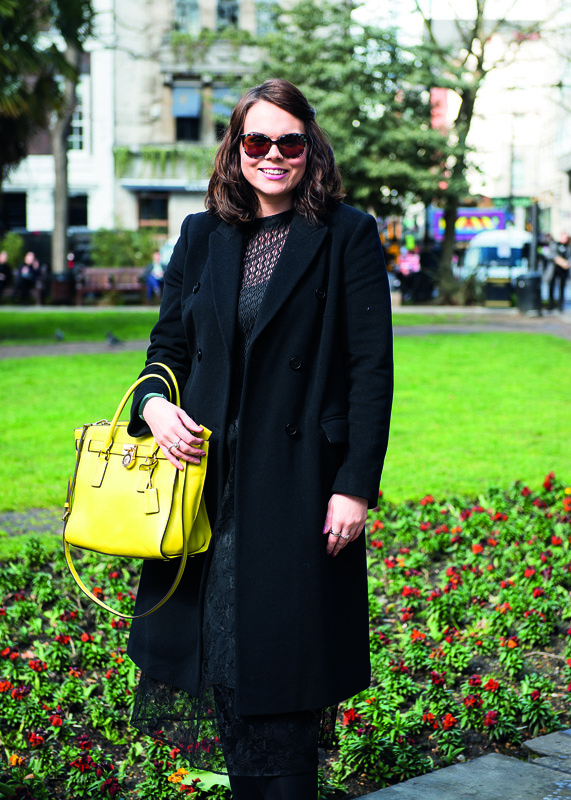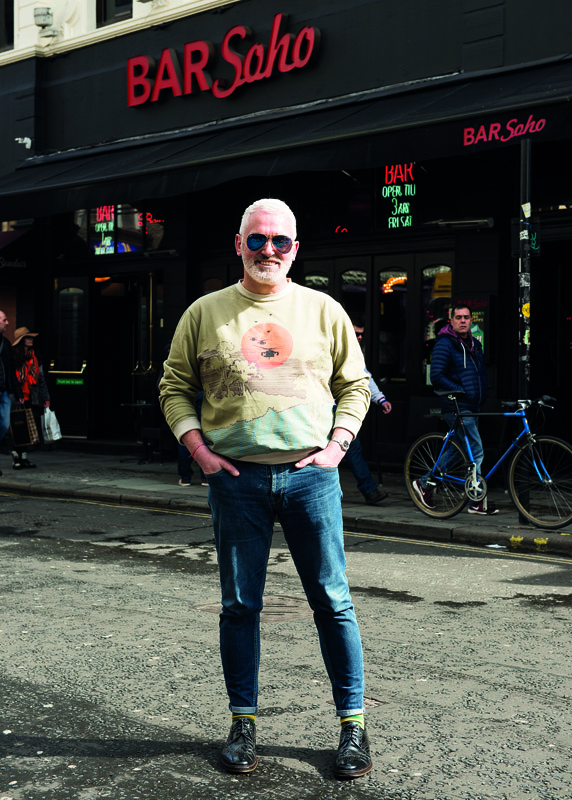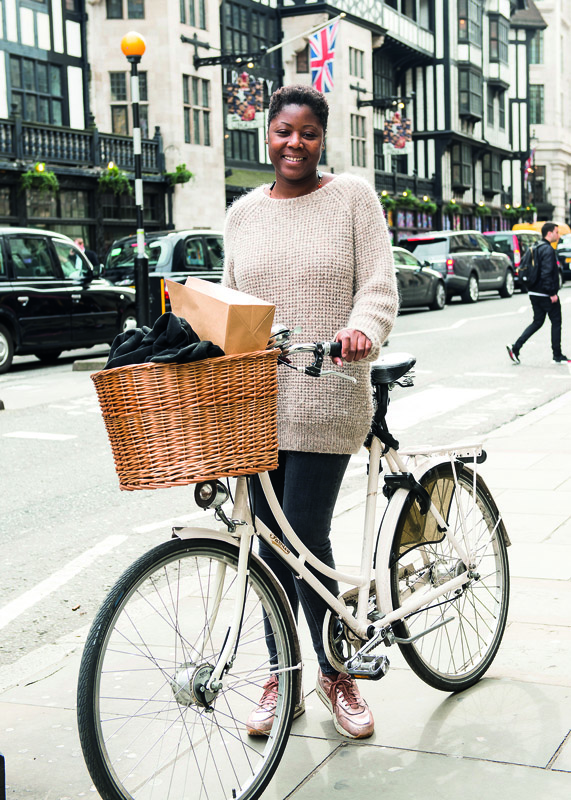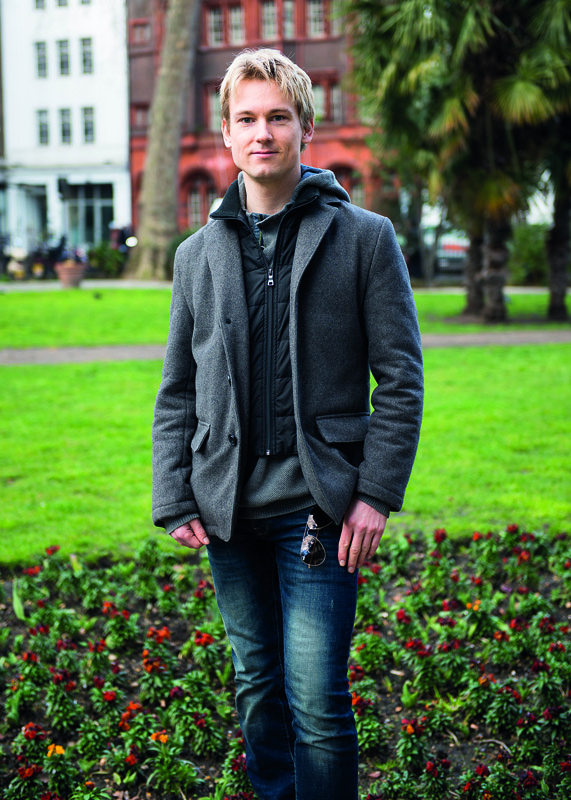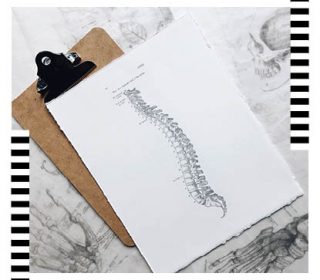How happy are you?
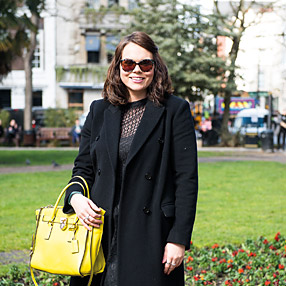
Rate yourself on a scale of 1 to 5, based on how strongly you identify with each of these statements (5 being the most)
- My work fulfils me and reflects my passions
- I enjoy loving relationships with my family and friends
- I am mostly positive about the present and optimistic about the future
- I make time to pursue hobbies on a weekly basis
- I exercise regularly
- I feel a deep sense of gratitude and appreciate all that I have in my life
- I am always learning and developing as a person
- I have a clear direction and am taking action towards reaching my goals
- My personal life is rewarding and fulfils my desires
- I don’t hold grudges and forgive when needed
- I focus on the good in others
- I try to find the silver lining in any cloud
- I love to let go and have fun
- I know myself well and am at peace with who I am
- I give to others often
- Every day, I take time out to reflect, unwind and be still
- I have the ability to bounce back when things don’t go my way
- When I need support, I confide in those closest to me
- I feel connected to something greater than myself
- I live mindfully and am aware of my senses and the world around
CHECK OUT YOUR RESULTS
Tot up your score and turn the page to discover whether you’re happy and fulfilled or if genuine happiness is eluding you.

The Results
75 AND ABOVE
Whether it comes naturally to you or you’ve worked on it, you’ve got a lot of ‘happiness habits’ that are likely to help you get the most out of life. You grasp the difference between ‘intrinsic’ and ‘extrinsic’ rewards. You recognise that true pleasure comes from pursuing activities and relationships that mean something to you, rather than searching for external validation. You look after yourself, so that you are fit and can help others. What’s more, your upbeat energy draws others to you. Vanessa King, positive psychology expert at Action For Happiness, says: ‘A good score doesn’t mean you’ll be happy 100% of the time. Your optimistic attitude will serve you well, but remember to accept and work through all your emotions, even the more difficult ones.’ Set time aside each day to be still, even if only very briefly. TRY: Realising the power of a network. Reach out to new friends (especially at work). The more mindful people in the world, the better!
BETWEEN 50 AND 75
You’re pretty content with your life, but often feel you could do with a boost. And why not? You deserve to be the happiest version of yourself possible. Sometimes it’s worth taking a risk and trying something new, instead of sitting on the fence! Learning improves wellbeing in lots of positive ways, and exposes you to new ideas, helping you to stay curious and engaged. Endeavour to include more positive habits in your life – but if something doesn’t work, don’t force it. For example, if you can’t bear the thought of hitting the gym, why not try an outdoorsy class, or some Nordic walking? ‘The important thing to remember is everyone’s different, so what helps you to be happy varies,’ says Vanessa. Get to know yourself, and put your needs and quality of life centre stage. Each day can involve a level of compromise, only you know how truly connected you are to your feelings. Focus on the areas you’d like to improve. TRY: An evening class to broaden your horizons and give your week a boost.
BELOW 50
‘The good news is you can increase your happiness levels, even if it feels like you’re sometimes stuck with unhelpful patterns of thought or locked on a particular issue that feels irresolvable,’ says Vanessa. Positive psychology will provide you with strategies to regulate your behaviour. The core skill is self control – this allows you to dismiss selfdestructive attitudes. To be happy with yourself, means knowing who you are and being true to that. Ask yourself this: What do you want your life to mean? People often make choices from a place of fear, or being concerned with what others think of them. If you don’t yet know what makes you happy, rejoice! You have the opportunity for selfdiscovery ahead and to create the life you want. Start by taking small steps – even the tiniest change can have a positive effect. If nothing seems to help, it may be useful to seek support from a professional. TRY: Writing a list of your three greatest strengths and remind yourself of them every day.
Read more: Philosophy of love — is it just a beautiful lie?
Positive psychology – the study of happiness – is centered on building your strengths, rather than fixing what’s wrong. Follow these 10 keys of happiness:
GRATITUDE
Thanking others improves relationships and makes people feel valued. Other strategies include keeping a gratitude journal, which studies have proven increases hopefulness, improves overall health and reduces depression.
OPTIMISM
Positive emotions help you to build resources that lead to a happier and less stressful life. An upbeat outlook enables you to expect that good things will happen in your life. Try visualising all you want, rather than worrying about what it is that you fear.
RESILIENCE
The good news is that resilience can be developed. Resilient people view difficulties as challenges, and look at their failures as opportunities for growth. Remember Thomas Edison’s words: ‘I have not failed. I’ve just found 10,000 ways that won’t work’. Imagine if he hadn’t persevered for as long as he did!
CONNECT
Put simply, ‘Other people matter,’ says Christopher Peterson, one of the founders of positive psychology. Studies prove that relationships are the basis to greater happiness, providing a sense of belonging, love, meaning and support.
GIVE
When you do something generous for others, your mood significantly lifts and you release oxytocin, which helps to lower blood pressure, soften arteries and increases your lifespan. Besides, kindness is contagious – it’s the best way for society to flourish.
MEANING
Having a connection to something bigger than yourself improves wellbeing. A good approach is to consciously think about which hobbies, people and beliefs bring you the strongest sense of purpose and passion.
FORGIVENESS
This needn’t involve reaching out to the person who has hurt or betrayed you. Instead, try to unburden yourself from the anger and pain that prohibits you from moving on.
MOTIVATION
Having ambitious but realistic goals gives your life direction and brings satisfaction. If you’re struggling to be inspired, start by writing down your key strengths and focusing on those.
PHYSICAL
Exercise regularly and get plenty of fresh air. Releasing emotions through activities you enjoy is vital for wellbeing.
ACCEPTANCE
Buddhist Abbot, Ven. Amaro Bhikkhu, says: ‘There’s a large slice of spiritual growth in learning to find peace with what you have, rather than finding happiness in getting what you want’.
HAPPY, HAPPY PEOPLE
The Tube’s overcrowded and the cost of living is terrifying, but living and working in the capital is still a thrill for most people. We asked Londoners what they like most about The Big Smoke…
Greta Jane, 28, Shoreditch, says: ‘London is like a series of villages, full of hidden treasures’.
Sean, 23, St James, likes how ‘crazy busy London is’. And the world cuisine on offer on every corner.
Alize, 24, Ladbroke Grove, values London’s diversity ‘and how you can be whomever you want’.
Ronnie, 51, Soho, credits London with giving him a ‘second chance’ and helping him into recovery.
Antoinette, 36, Hackney, loves ‘cycling to Victoria Park in the rain’.
Matthias, 26, Berlin, is a jazz musician who enjoys ‘playing to London audiences at Ronnie Scott’s’.



